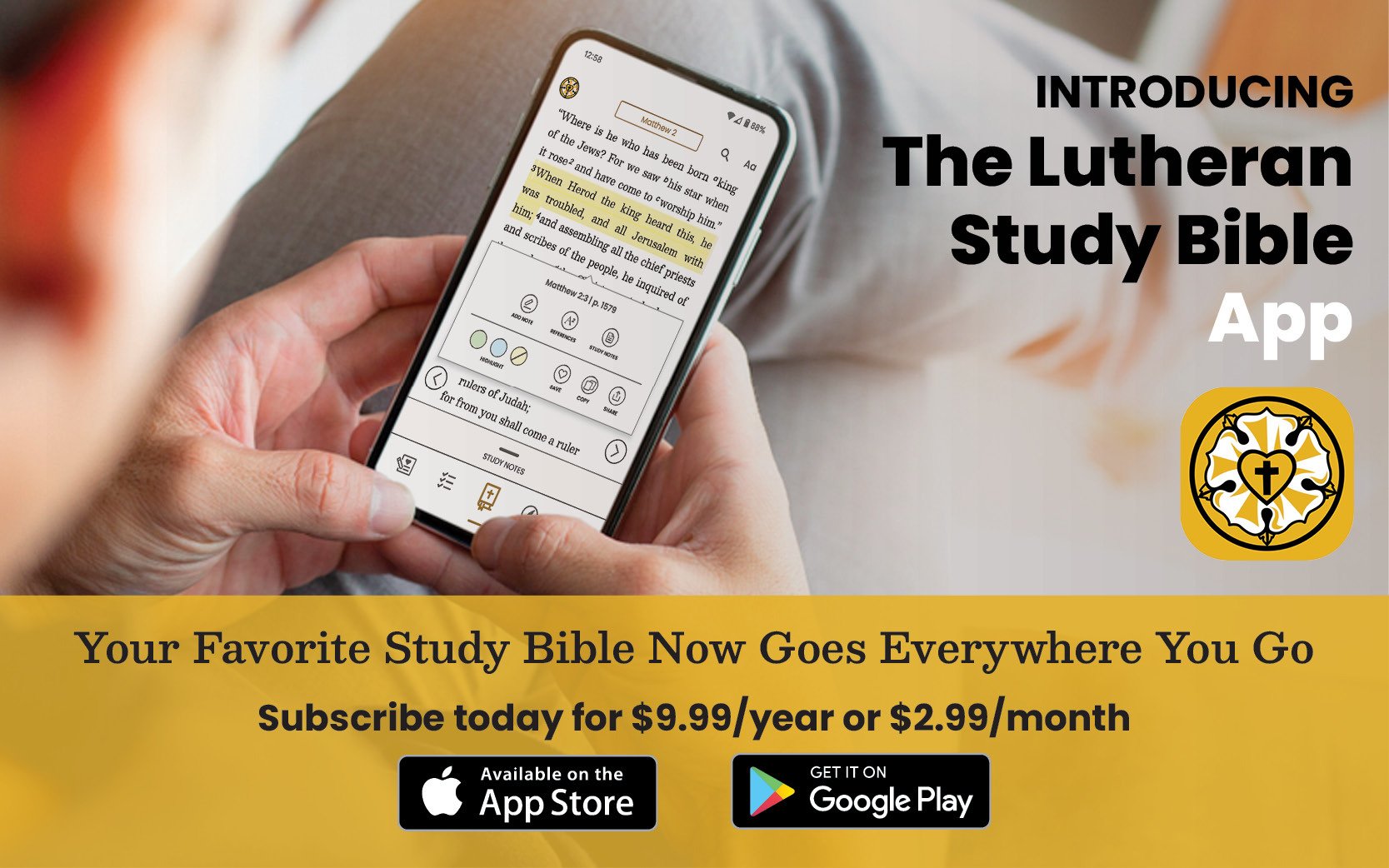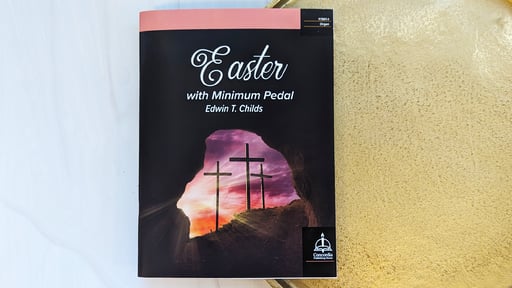Have you ever attempted an extempore prayer? I know I have been in many situations in which someone calls upon me to offer a prayer, and I confess I don’t have many memorized beyond the basics (the Lord’s Prayer, Luther’s Morning and Evening Prayers, etc.). The ability to compose a prayer on the spot is important to learn, but oftentimes, previously composed prayers are more thorough and eloquent.
Thankfully, the Church has a rich history of prayers from which to choose. While it may be a daunting task to memorize prayers, we certainly have many options. Fortunately for the church musician, Lutheran Service Book also has an entire section of hymns titled “Prayer,” which comprises hymns 766–780. Some of these hymns describe what prayer is, and some are actual prayers themselves. Setting these prayers to music certainly makes it easier to memorize them, but beyond simply assisting with memorization, this section of LSB is an incredibly important asset for not only musicians, but also the whole Church.
In One Voice
The act of singing a hymn is communal. Of course, one could sing a hymn all alone, but hymns are intended for congregational singing. When we sing a hymn as a congregation, we are united and join in praising God in one voice. When we chant liturgy and recite familiar prayers together, we are again united in one great Christian community.
Although reciting prayers in one voice unites us in a tangible way as children of God, singing those hymns adds another layer of communion. When we sing, our very rhythm and pitch are united. Every word is sung at exactly the same moment on exactly the same note. Prayers sung as hymns, then, result in one immense voice raising its supplication to God. Furthermore, this one voice results in further communion among individual members of the congregation. What better way to become friends and loving community members than by participating in a single act of worship and prayer together?
The Necessity of Prayer
As Christians, we know the importance of praying often. Trouble will always surround us in this world, and prayer is a way to plead to God for mercy, to ask Him for help, and to praise Him with thanksgiving for His mercy. Does God ask for eloquent, well thought-out prayers consistently? Not at all! Beautiful and thorough prayers are important because they give us a sense of the gravity of prayer itself, and they help us make sure we include everything we need to say. But sometimes short, desperate prayers are all we can summon.
The prayer hymns we use in LSB reflect both of these sorts of prayers. For example, we join with the thief on the cross when we sing the short and succinct LSB 767: “Jesus, remember me when You come into Your kingdom” (Luke 23:42). That is it—the desperate cry of a condemned man whose last hope is the man on the cross next to him. On the other hand, Luther’s robust catechism hymn on the Lord’s Prayer (LSB 766, “Our Father, Who from Heaven Above”) puts to music the prayer Jesus Himself taught us while at the same time using the stanzas to proffer an explanation of each part of the prayer. And, of course, the melodies to which these texts are set allow us to easily memorize these prayers and pray them together.
“Grant Peace, We Pray!”
In reality, most hymns are prayers. Their texts are cries to God, either of praise or of supplication. The prayers section in LSB contains hymns that directly talk about prayer or are very obvious prayers themselves. One of my personal favorites is LSB 777, “Grant Peace, We Pray, in Mercy, Lord.” (LSB 778 has the same text but with an older German melody.) The sixth-century Latin text remains remarkably apt even in the twenty-first century (although, this should not be surprising when we think about how great texts transcend time).
LSB 777 is very simply a cry to the Lord for peace. It is also an acknowledgement that peace comes only from God and that only He can guard us from trouble on earth. It is also a relatively short hymn. I’ve found it stuck in my head lately, though, probably because it is a simple and beautiful cry to heaven for an admirable thing that we desperately need: peace on earth.
I am currently teaching the hymn to one of my classes. Why? Not because it is a hymn they need to learn for chapel or for church, not because it is required for one of our all-school services, not because it is a graduation requirement, but, quite simply, because they need it. It is a simple three-sentence prayer for them to hold onto, for they will certainly need to cry to God for peace. As do we all.
Learn these prayer hymns, then. Keep them in your heart and sing them as a united body of Christ, crying to Him for every good and perfect gift.
When you don’t have the words to pray . . .
. . . turn to the prayer section of Lutheran Service Book hymns or to Lutheran Prayer Companion for prayers that are rooted deeply in God’s Word.
Scripture quotations are from the ESV® Bible (The Holy Bible, English Standard Version®), copyright © 2001 by Crossway, a publishing ministry of Good News Publishers. Used by permission. All rights reserved.








.jpg?width=50&height=50&name=IMG_20220621_160541_456%20(1).jpg)






